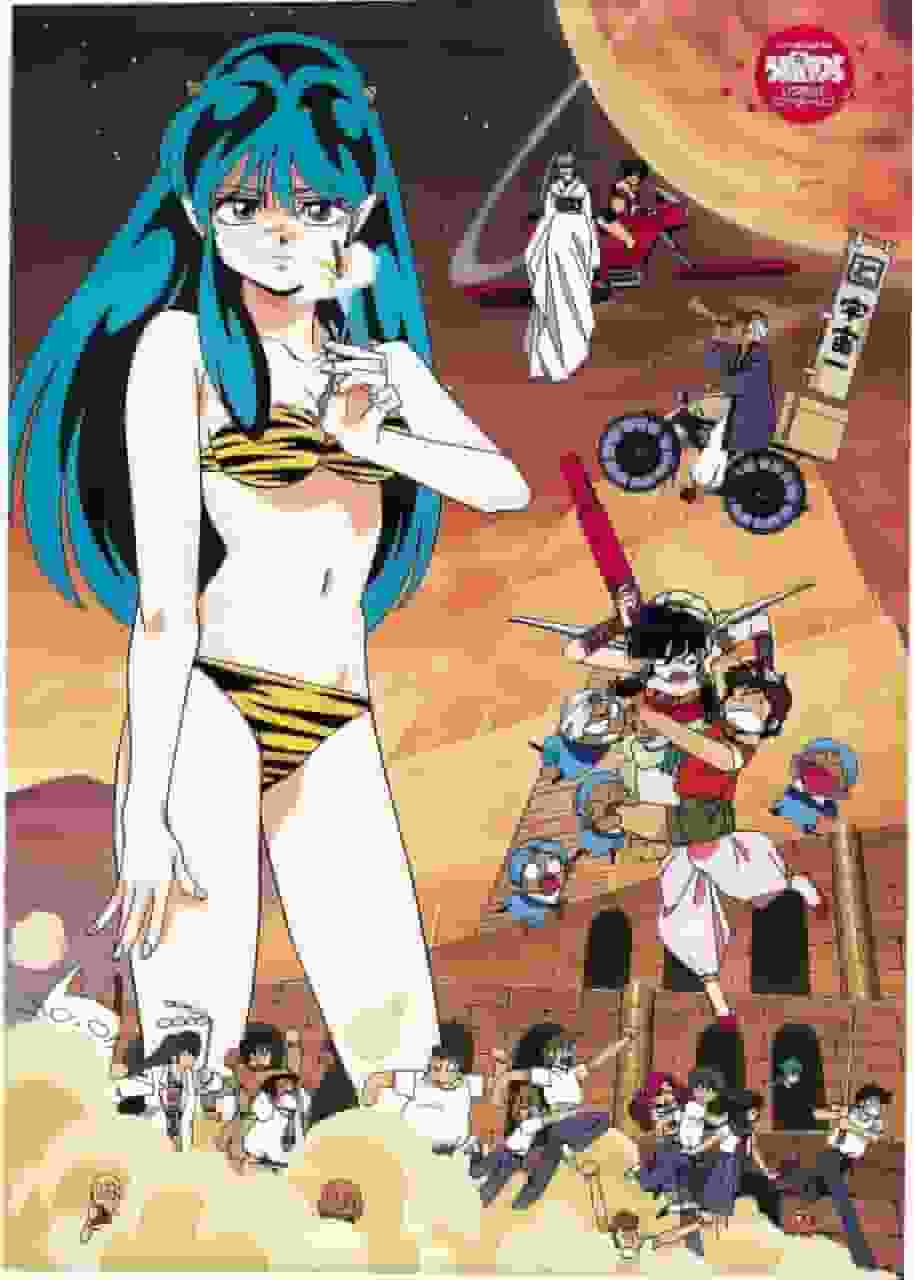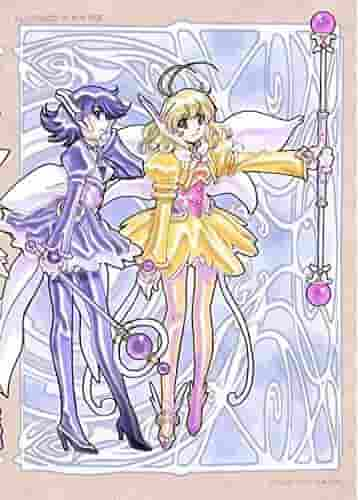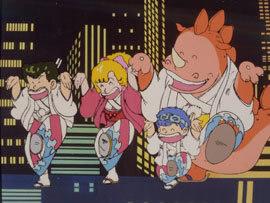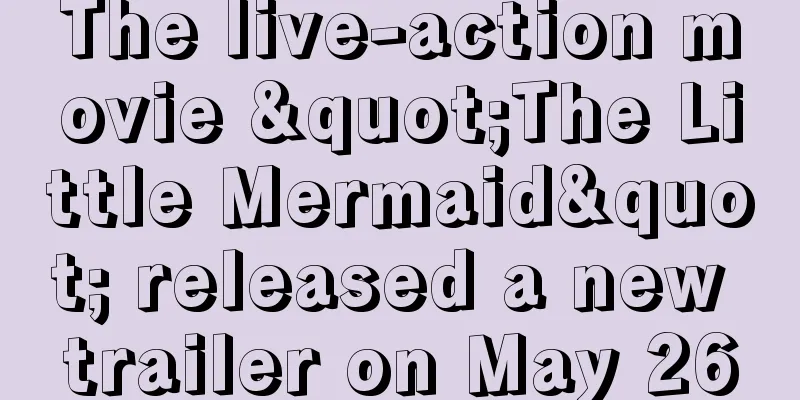NBA star: Bruce Lee is my buddy, Quentin doesn't respect him
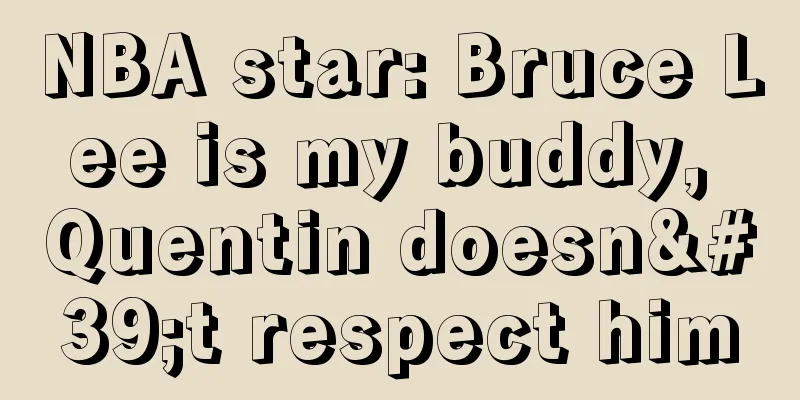
|
Recently, Quentin Tarantino's portrayal of Bruce Lee in "Once Upon a Time in Hollywood" caused controversy. Bruce Lee's daughter Shannon Lee said that Quentin "made Bruce Lee into an arrogant bastard, which was frustrating." Later, Quentin publicly responded, saying that Bruce Lee's arrogance was well-founded, and that the film had the right to fictionalize the plot. Recently, former NBA legendary star and film critic Kareem Abdul-Jabbar ("Skyhook Kareem") couldn't stand it anymore and published a commentary through The Hollywood Reporter, saying that "Bruce Lee is my buddy, and Quentin's movie does not respect him." He wrote in his article: “Do you remember when Martin Luther King Jr. hit a waiter because his bread was soggy? — Probably not, because it didn’t happen. But you might also remember if a director decided to include that scene in his movie. Even if we know the movie is fiction, those scenes will still exist in our collective cultural memory and become part of our impression of real people. That’s why when filmmakers are in a position to influence how people think about revered historical figures, they have a responsibility to ensure the basic facts of the character’s content are met. Tarantino’s portrayal of Bruce Lee in Once Upon a Time in Hollywood does not meet this standard. Of course, Quentin has the artistic right to shape Bruce Lee as he wishes. But by doing so in such a sloppy and racist way, Quentin has failed as an artist and as a human being.” Kareem Abdul-Jabbar then said the controversy "divided me." He said Quentin was one of his favorite directors, and because of that, his portrayal of Bruce Lee was even more disappointing. Kareem Abdul-Jabbar said that "Bruce Lee is my friend and teacher," and recalled Bruce Lee's friendship with him and the influence on his life: "When I first met Bruce Lee, I was a student at UCLA hoping to continue my martial arts studies. We quickly established a friendship and a teacher-student relationship. He taught me the discipline and spirit of martial arts, which is why I was able to play in the NBA for 20 years with few injuries." Hollywood's stereotypes of Asians are frustrating, and Bruce Lee hopes to break this phenomenon through his own actions. "Bruce Lee is committed to changing the despised image of Asians through acting, writing, promoting Jeet Kune Do, and his interpretation of martial arts." Jabbar believes that the most ironic thing is that the image of Bruce Lee in Quentin's movie - an arrogant Asian who is defeated by white people - is exactly the prejudice that Bruce Lee has always tried to break. What would Bruce Lee do if he was provoked like in the movie? Kareem Abdul-Jabbar shared his real experience: "Several times in public, when I was with Bruce Lee, some inexplicable assholes loudly provoked Bruce Lee and wanted to fight him. He always politely refused and continued on his way. The first rule of Bruce Lee's martial arts club was not to fight unless there was no other choice. He didn't feel the need to prove himself through fighting. He knew who he was, and the real struggle was not on the court - but to create opportunities for Asians to change stereotypes on the screen." |
Recommend
Rumor has it that the Avengers and the X-Men will combine Wolverine and Hugh Jackman will play the villain
There is no "Avengers 5" in the fourth ...
Review of "Riding the Clouds": A fantastical journey and a moving story
"Riding the Clouds" - The Appeal and Ev...
GAMBA and Friends: A Thorough Review of an Adventure of Courage and Friendship
"Gamba and Friends": A story of courage...
Anne of Green Gables: A detailed review of the moving story and its appeal
Anne of Green Gables: The appeal and background o...
According to the latest statistics from the Japan Publishing Association, the scale of the Japanese comics market will exceed 700 billion for the first time in 2024
On February 25, according to new statistics from ...
"Gundam G: Restoration 4" actual footage released, to be released on July 22
The fourth part of the five-part "Gundam&quo...
God Mazinger: A thorough review of the amazing combination of mecha and story
God Mazinger: Nagai Go's epic adventure and c...
The director of "Alien: Predator" wants to make a new "Alien vs. Predator"
According to Deadline, Alien: Reaper director Fed...
The appeal and reviews of "Onegai My Melody Sukiri♪": The perfect balance of healing and laughter
The appeal and evaluation of "Onegai My Melo...
"Super Mario Bros. Movie" surpasses 10 billion yen at the Japanese box office
The latest box office information of "Super ...
Detailed review and rating of Rent-A-Girlfriend Season 2
The appeal and evaluation of season 2 of "Re...
The results of the 17th Voice Actor Awards are out. For the first time, the main and supporting roles are the same person.
On March 11, the results of the 17th Voice Actor ...
The main creators of "Avengers 4" appeared at Disney and donated 5 million US dollars to give back to the society
According to the Youtube channel "ET Canada&...
"Baki NEW GRAPPLER BAKI" Review and impressions in search of the strongest hero
Review and Recommendation for "Baki: New Gra...
The manga "The Sacrifice Princess and the King of Beasts" has been confirmed to be produced into a TV animation, and the broadcast date has not been determined
Today, January 20, the popular manga "The Sa...

